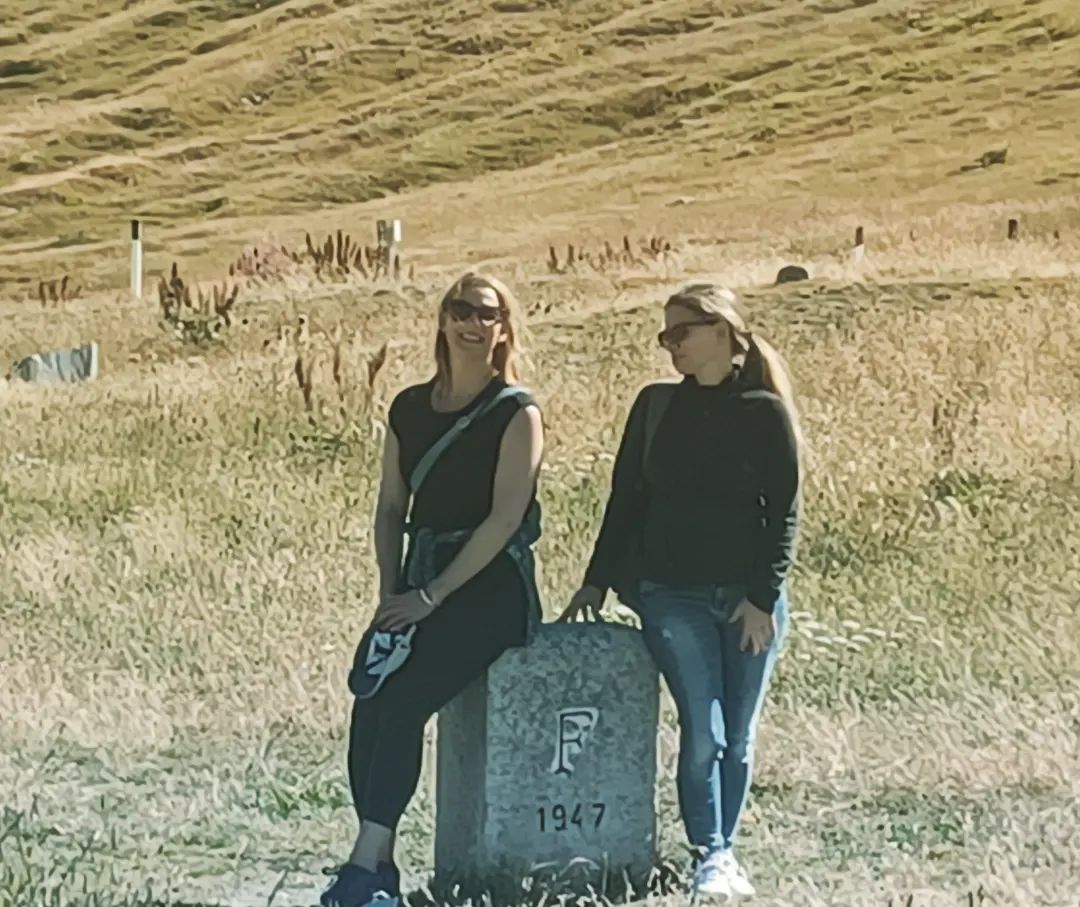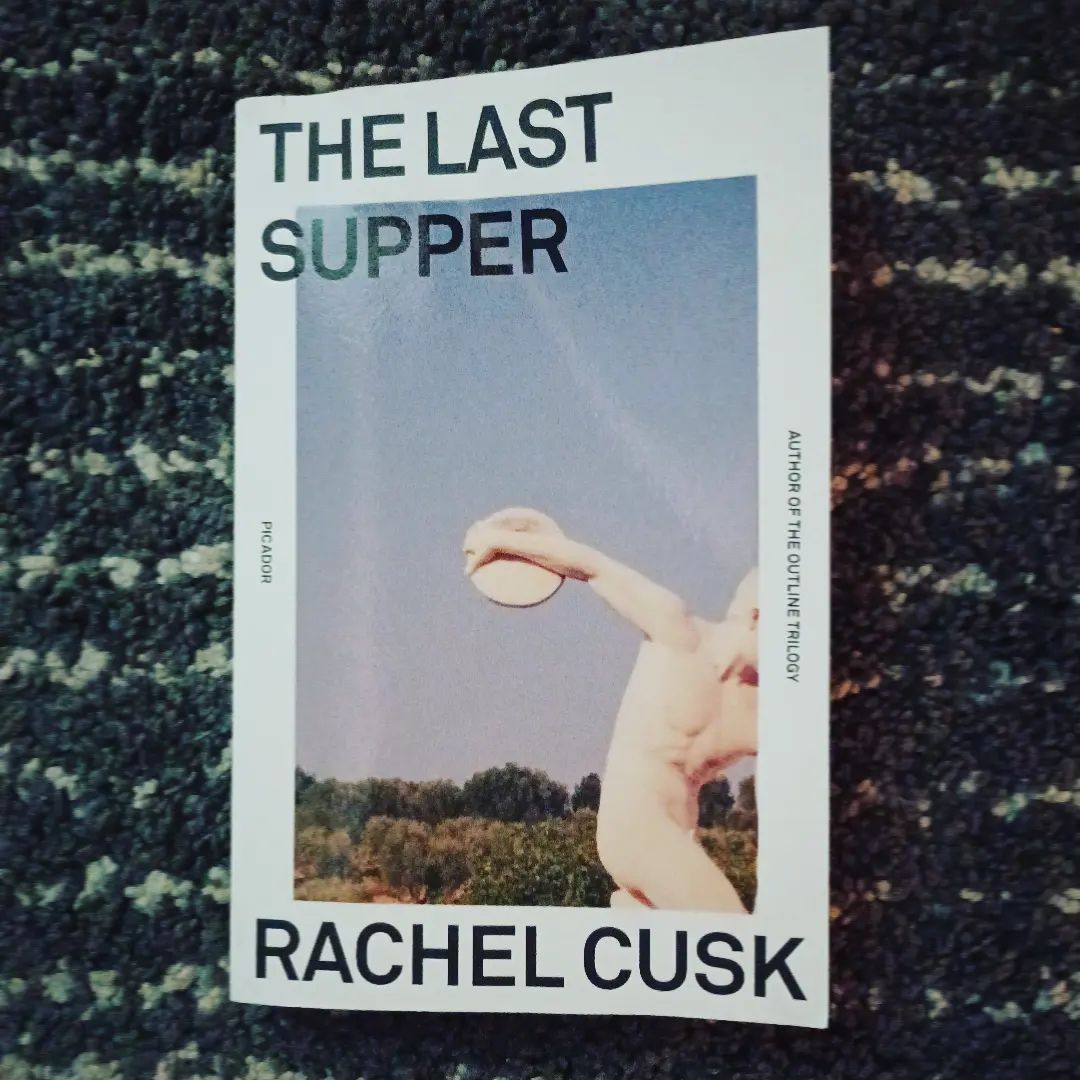
The Shakespearean histories represent the most glaring lacuna in my familiarity with the plays. Aside from having seen King Henry V starring Kenneth Branagh as Henry and Emma Thompson as the French queen (of course) approximately 30 times as a teenager (I was a little obsessed), I know none of them. I watched the BBC’s The Hollow Crown during the 2020 lockdown (always a nice escape to watch actors declaiming in brocade) but their adaptations, while lush, were so far afield that holding the text alongside offered little help by way of tackling this play. Even reading the Charles and Mary Lamb synopses of the plots didn’t paint much of a picture, and no Children’s Shakespeare The histories are sweeping and epic. It’s Will with a quill imagining his own version of Lawrence of Arabia. Apparently, this particular history was so complicated and difficult to mount (the long cast list of any play) that it wasn’t seen on stage for more than 270 years after its premier.
No one casts the histories much, save Branagh and the BBC. Being resolute in my determination to find a production to watch as I read the Shakespeare Folger text, and after many false starts, I happened upon superb this Zoom production by The Show Must Go Online. I can’t fathom how they pulled this off with Zoom and multiple actors and the vagaries of internet connection, plus they recorded it in early April 2008, when it was all I could do to control my whimpering and try to dance to YouTube videos in our apartment. Yet here was visual proof of actors who did not whimper in their kitchens or gaze moodily out the window to the soundtrack of ambulance sirens. They were acting! And it was really excellent. So good, in fact, that I found them on Patreon and subscribed – I am sure I will use them again for the more arcane offerings as I work through the canon this year.
I said early on in this project that I cannot offer any original scholarship on the Shakespearean oeuvre. My concept instead aims to reflect on what I take from each piece – in many cases, coming to them for the first time as an adult. I will keep it light and belabor no point.
I was tickled to hear the poetry and to recognize the many famous lines in King Henry VI Part II:
A staff is quickly found to beat a dog. – The Duke of Gloucester
I will make it felony to drink small beer. – Jack Cade
The first thing we do, let’s kill all the lawyers. – Dick the Butcher
One routinely spies such dramaturgical excerpts on t-shirts, tote bags, and the like, but to perk up and recognize the words in context was a moment. I said to myself, I am not ignorant, I am simply contextualizing my cultural heritage. In fact I remember one summer (1996) when I actually bought an enormous cotton tee from the Ginger Man in uptown Dallas, emblazoned across the chest in faux calligraphy that I for one would be drinking no small beer. That was also back when I was fast to whip out my fake English accent for unsuspecting Texans. Sigh. The site was leveled last spring for new development anyway.
The cast of this Zoom production was gender-blind (in the best Elizabethan tradition, but in reverse), with female actors in leading roles of the Duke of Gloucester, the Duke of York, and the magnificent Jack Cade. I was very interested in the Marxist rebellion represented by Shakespeare in this subplot, and the heroic way in which its monarchic ringleader was portrayed. (Shakespeare didn’t spend too much time analyzing the conflict inherent in a Marxist with an inherited right to the throne, but Tudors gonna Tudor ….)
The ingenuity of the online production was a witty marvel to behold. I seriously cannot believe these actors acquitted themselves so admirably on Zoom with kitchen implements for swords, a butternut squash for a head, various other faux heads in bags bleeding raspberry jam, a hand-drawn alehouse sign in Magic Marker that would have been quite at home in the second grade here as Richard, Duke of York proclaimed over Somerset’s bloody corpse:
So lie thou there.
For underneath an alehouse’ paltry sign,
The Castle in Saint Albans, Somerset
Hath made the wizard famous in his death.
A layperson of a certain age can appreciate the histories for the treachery and shifting alliances. Anyone who has spent time the U.S. Congress, a state legislature, a large not-for-profit, in a corporate office or on a university campus, or for that matter, any school at any grade, can relate. I was surprised that Henry and Margaret made it to the end of the play alive as their colleagues seemed to be getting offed every few minutes. Critics and audiences love Shakespeare because his characters prove the adage, there is no plot, only character (since plot without character is simply genre), and his characters each paint a pictures of a flawed human being. King Henry is bookish and wise, but weak; Queen Margaret is intelligent and fiery, but stymied by her sex; Gloucester is loyal and murdered anyway as a conspirator; York is scheming and combative but fate hasn’t caught up with him (yet). Jack Cade wants to level the playing field and make society fair by doing away with all nobles except for himself, whom he imagines as an Ur-Noble after his successful revolution, and when he comes to his end, slain in a garden, he begs his murderer to say instead that he died of hunger for having missed ten meals in five days. (I am an especial fan of the dying moment arithmetic.)
Jack Cade: We will not leave one lord, one gentleman;
Spare none but such as go in clouted shoon.
There are witches and conjurers for spectators who also crave supernatural treachery. And the love story between Queen Margaret and Lord Suffolk, who married her as the king’s proxy and brought her back to England, but not before he fell in love with her himself, still rings true. For his missteps is Suffolk banished, and Margaret and Suffolk share a rending scene:
Margaret: Away! Though parting be a fretful corrosive,
It is applièd to a deathful wound.
To France, sweet Suffolk. Let me hear from thee,
For wheresoe’er thou art in this world’s globe,
I’ll have an Iris that shall find thee out.
Suffolk: A jewel, lock’d into the woefull’st cask
That ever did contain a thing of worth.
Even as a splitted bark, so sunder we:
This way fall I to death.
Suffolk is sent on a boat to France, which is of course beset by rude pirates who behead him (this turned into the Sharpie-embellished butternut squash on the Zoom production, delicious).
I will finish with a brief list of poetic words and phrases that caught my fancy: yclad, stands on a tickle point, forsooth, base cullions, damsons, Sirrah!, meseemeth, belike (“belike” slays me), conventicles, do not stand on quillets, porpentine (for porcupine), Wild Morisco, Marry!, God forfend!, contumelious, pinnace, palfrey, go in clouted shoon (referring to workmen’s boots?), recreants and dastards, live at jar, sallet, we twain, dead as a doornail, burgonet, foul stigmatic, that winter lion (referring to Salisbury). And the famous line when Richard finds Somerset and chases off the girded Clifford, saying:
Seek thee out some other chase, for I myself must hunt this deer to death. Pretty sure I heard this once come out of a dean’s mouth on campus. That tragic figure got along with no one, and he liked it that way. Shakespeare would have had a ball with that character. Maybe I should.
Next week: Henry VI, Part I. Hotspur here I come! I’ll be sure to arrive in clouted shoon!








